The Best Chicken Waterers for 2021
Now that summer is in full swing, and it’s a good time to think about your backyard chickens waterers. One of the most important things you can do for them is keeping them hydrated by providing fresh water. Your chicken waterer should be easy to fill, use and maintain. The best chicken waterer for an average-sized backyard flock is the RentACoop Automatic Chicken Cup Waterer Kit. This kit enables you to put together chicken watering systems specifically for your flock and is the best value!
Because every farm and flock is different, I am going to go over a few options to hopefully help you pick the perfect waterer for your chickens based on size/style preferences, with ready-to-use and budget-friendly options. There are also some handy tips in this post based on my experience raising chickens to help you care for your feathered friends.
Let’s jump in!
The Best Chicken Waterers
What to Consider When Choosing a Chicken Waterer
–Size: How many chickens do you have? Do you want a single large waterer for all of them or multiple smaller ones?
–Style: What style is best suited to your backyard flock? Do you have a mixed flock that contains ducks? If so a dish, or bucket might be your best option. Just have chickens? Nipple waterers, cup drinkers help keep messes minimized.
–Price Range: How much are you willing to spend on chicken supplies in general, and how important is it that this one be affordable as well?
No matter what type of chicken waterer you end up picking for your flock, here are a couple of essential things to keep in mind:
- Always provide more water than you think your birds will need! The average-sized chicken will drink about 4 cups of water a day!
- If you choose a reservoir water system, you will need to have about 3″ of open waterer space per hen. A nipple water system should provide one nipple per 9 hens, as a minimum.
- Keep your chicken waterers clean! I rinse my chicken waterers daily when I fill them but clean them with a mild bleach solution weekly to prevent algae growth.
- When switching to a new type of watering system, give your birds time to make the transition. Chickens are creatures of habit, but they will figure out the new system in a few days. Make sure to have the water system they are accustomed to available to them in the meantime!
Types of Chicken Waterers
Generally, when you are shopping for chicken waterers, you will find plastic and metal waterers. Both plastic and metal are very durable materials, but both have their advantages and drawbacks. Plastic will often be less expensive and lighter to handle. Galvanized metal waterers last a very long time, but I’ve personally had issues with galvanized metal waterers rusting and prefer plastic waterers.
The most common type of chicken waterer you will find at feed and farm stores are gravity-style waterers. Gravity-style waterers usually feature heavy-duty plastic, but you can also find them in metal. They have a globe-shaped reservoir on top with an opening that is typically smaller than the base. Gravity chicken waterers work by allowing the water in the reservoir to seep out through the tiny opening in the dish area when the water level drops to a certain point, filling it up as needed to keep the water dish filled.
Automatic Chicken Waterers
Automatic chicken waterers provide the freshest water to your chickens, with the least amount of daily work on your part. They are the most complex watering system you will have to set up, but they make up for it by taking care of your chickens’ water needs automatically. These waterers hook directly up to a water source such as a hose or water spigot and may require some very basic plumbing knowledge and materials like PVC pipe. The water flows as needed to the nipples or cups as the chickens drink out of it. If you decided to go this route, you can find several tutorial-style videos available on youtube to walk you through setup.
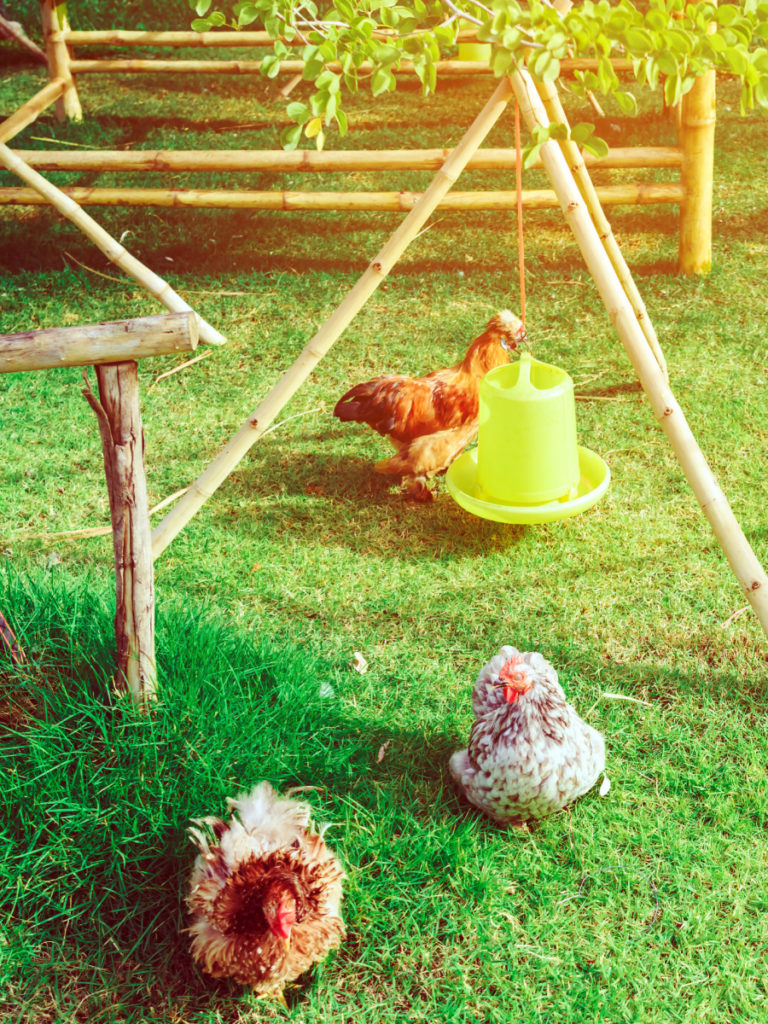
Where to Place Your Waterer
You are going to want to put your chicken waterers where your chickens hang out! But you will want to consider if you want your drinkers in the coop or outside in the run, accessibility not only for the chickens but also you for maintenance and refills.
If it’s too low, your chickens will kick dirt or manure into the water. You can either raise the waterer to a higher place so that it is not too low on the ground where all chicken poop and other debris will make its way in there. Hanging your waterers or placing them on an elevated surface, like a cinderblock that is approximately chicken-shoulder height will make it easy for your hens to get a drink, and prevent the water from getting soiled.
The actual location of your waterers is somewhat of a personal preference. Some chicken keepers provide feed and water stations outside of the coop only. Many chicken keepers have them in the cool only. Some people provide both in-coop and outside options, allowing chickens to eat and drink whenever they choose.
Supplying Chickens With Fresh Water During Hot Weather
In the summer, it is essential to provide your chickens with plenty of fresh water. Chickens will naturally drink more as the temperatures climb. Unlike people, chickens don’t have sweat glands to cool themselves off and heavily rely on drinking water to cool off.
- Provide more than one water source to allow chickens to stay hydrated and cool during those hot days. If you have a large pasture area, multiple waterers will prevent your birds from traveling far to get a drink. Multiple waterers will also prevent overcrowding at waterers.
- During especially hot stretches, provide a constant supply of cold fresh water. On the hottest days, that may mean refreshing their water a few times per day. Consider adding ice to your chicken waterers to help keep your flock cool during heatwaves.
Whether you’re a backyard chicken enthusiast or have serious farming aspirations, the best waterer for your flock depends how many birds you have, how much time you want to spend each day maintaining the waterers, and how much you are willing to spend.
I hope I’ve helped you determine which is best suited for your needs and budget.
As a quick review:
- For those who want an affordable custom chicken waterer turn a bucket or two into a waterer with the RentACoop Automatic Chicken Water Nipple Cup Waterer Kit.
- If you prefer something that can be used right out of the box go with the RentACoop 5 Gallon/ 4 Automatic Chicken Cup Waterer
- Need a winter water solution? Farm Innovators Heated 2 Gallon Poultry Drinker is a solution if you have a power supply in your coop.
- If durability and a larger water capacity appeals to you the LITTLE GIANT 5 Gallon Plastic Poultry Waterer will keep you and your hens happy!
- And finally, if you need something durable but easy on the wallet, get yourself the Little Giant Plastic (3 Gallon) Gravity Fed Waterer
What’s your favorite? Let us know in the comments!


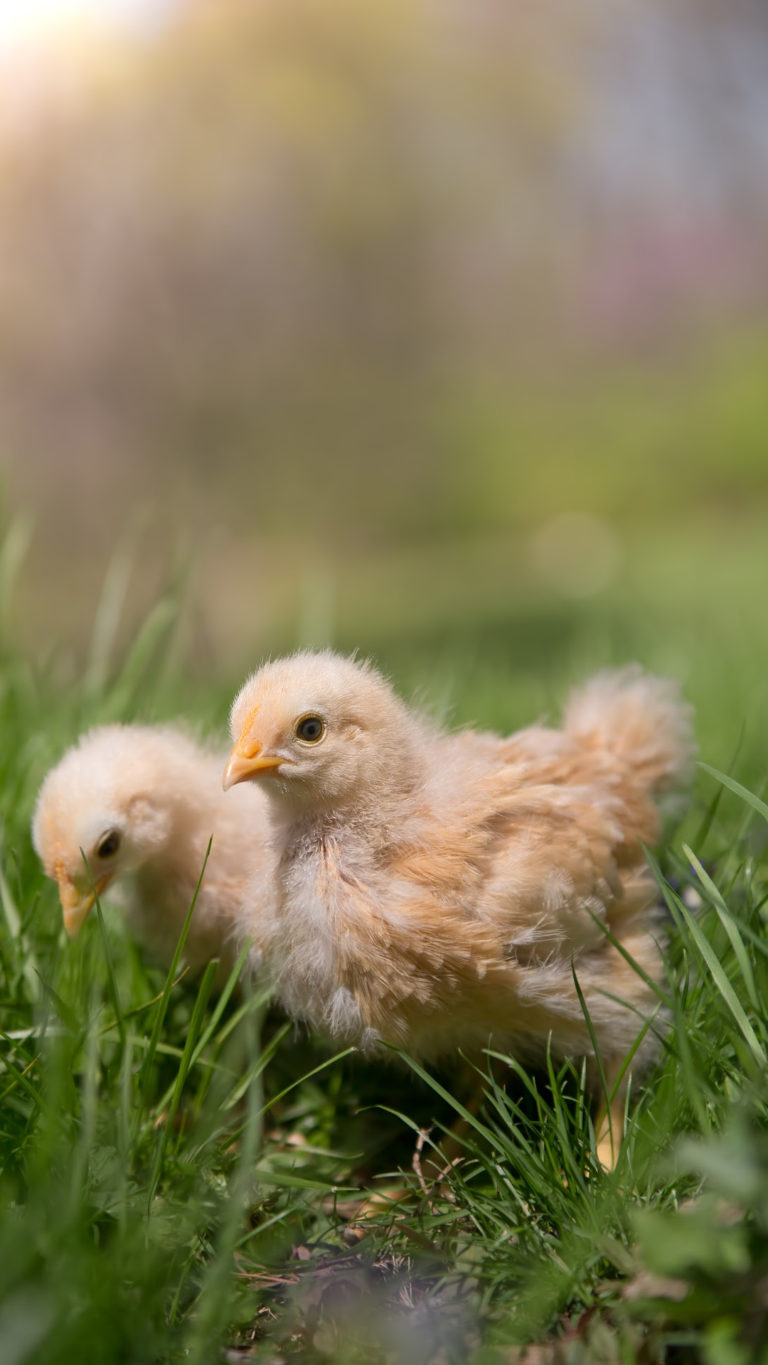
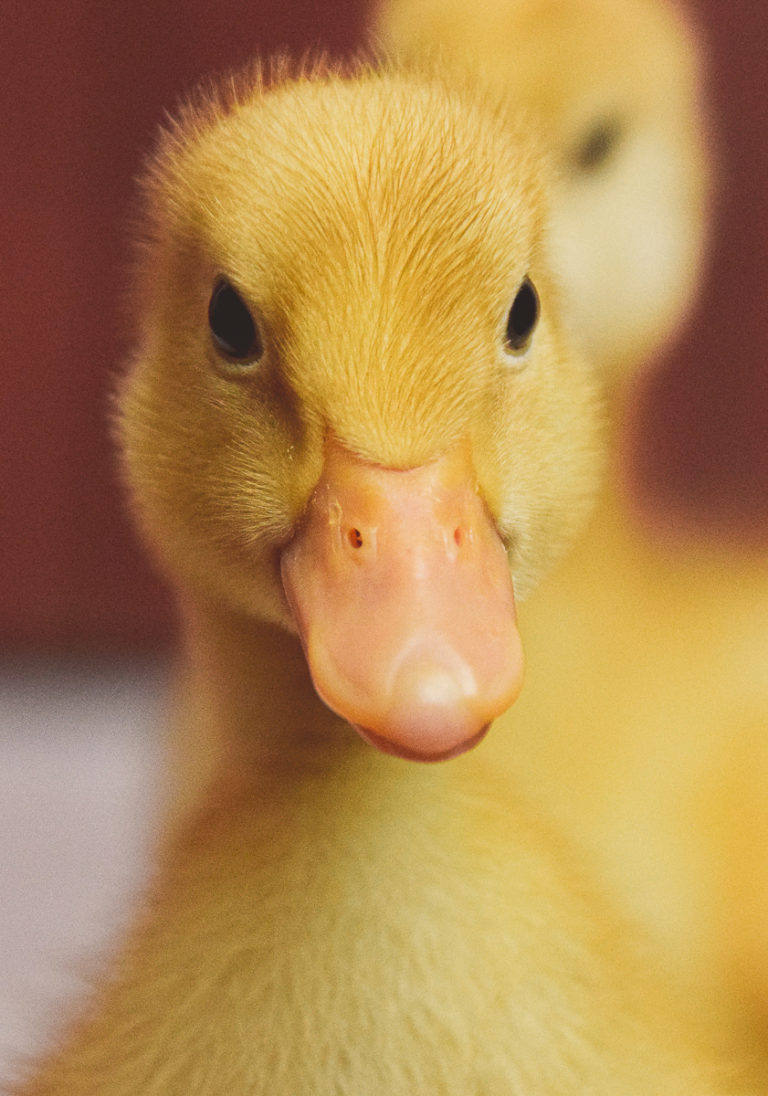
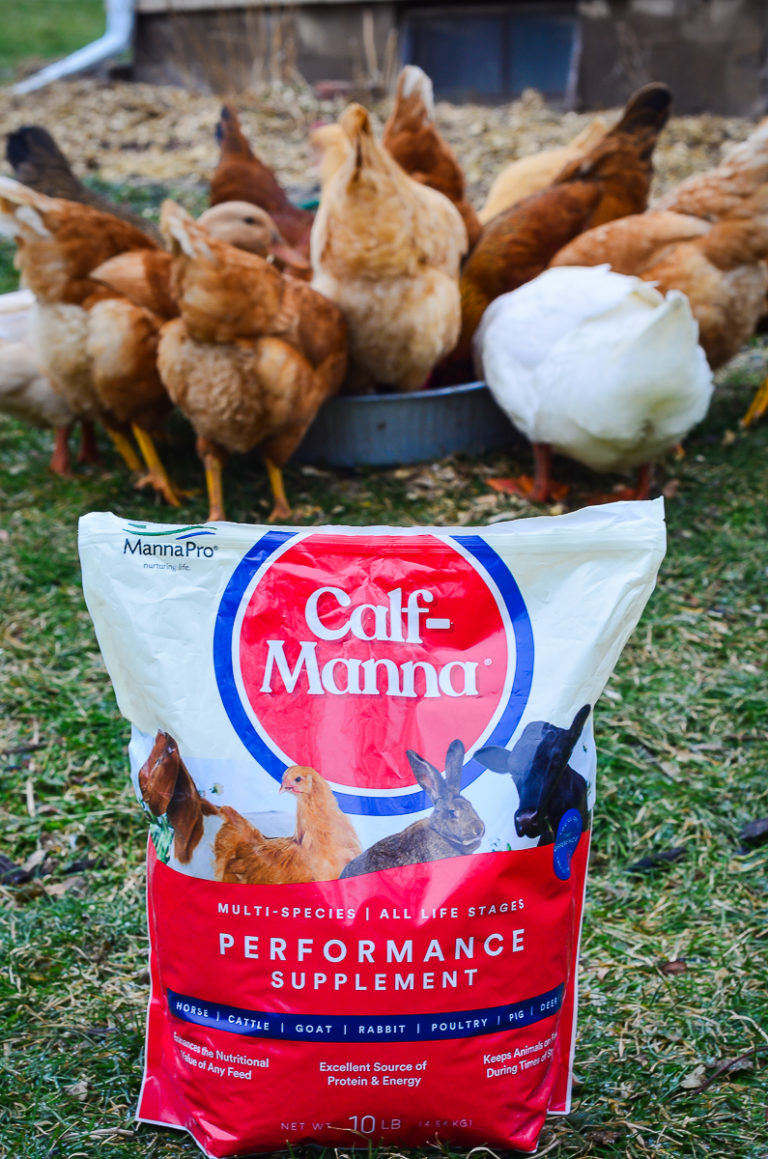
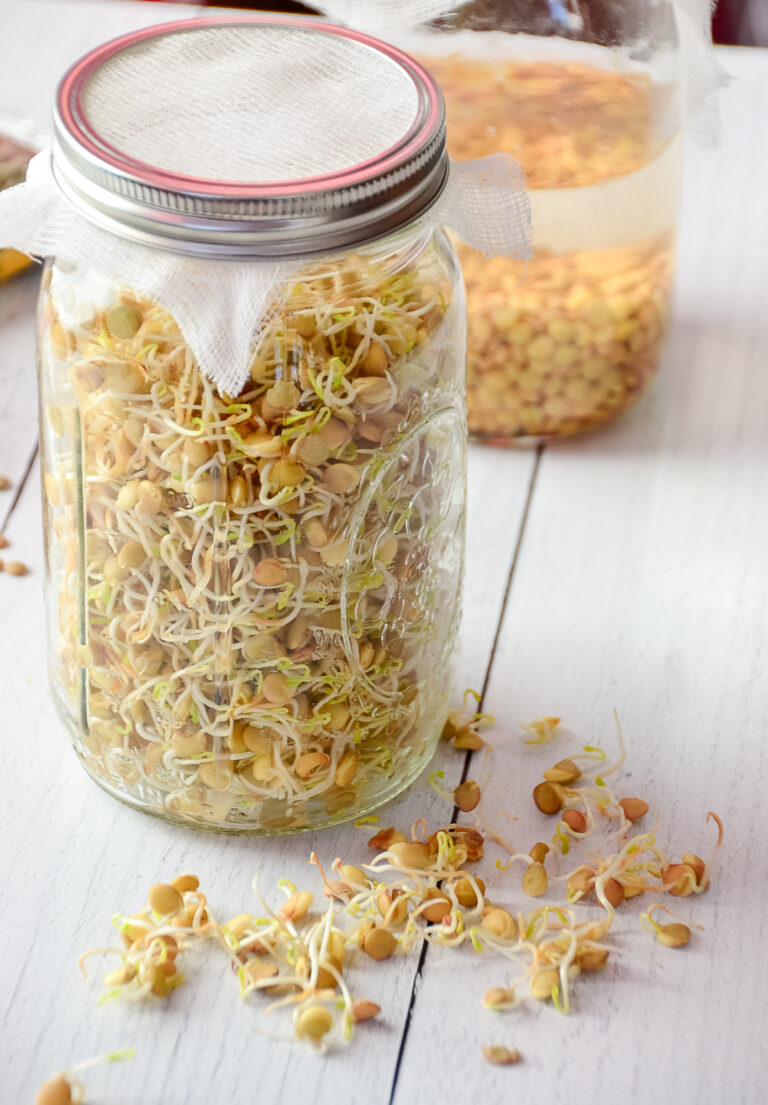
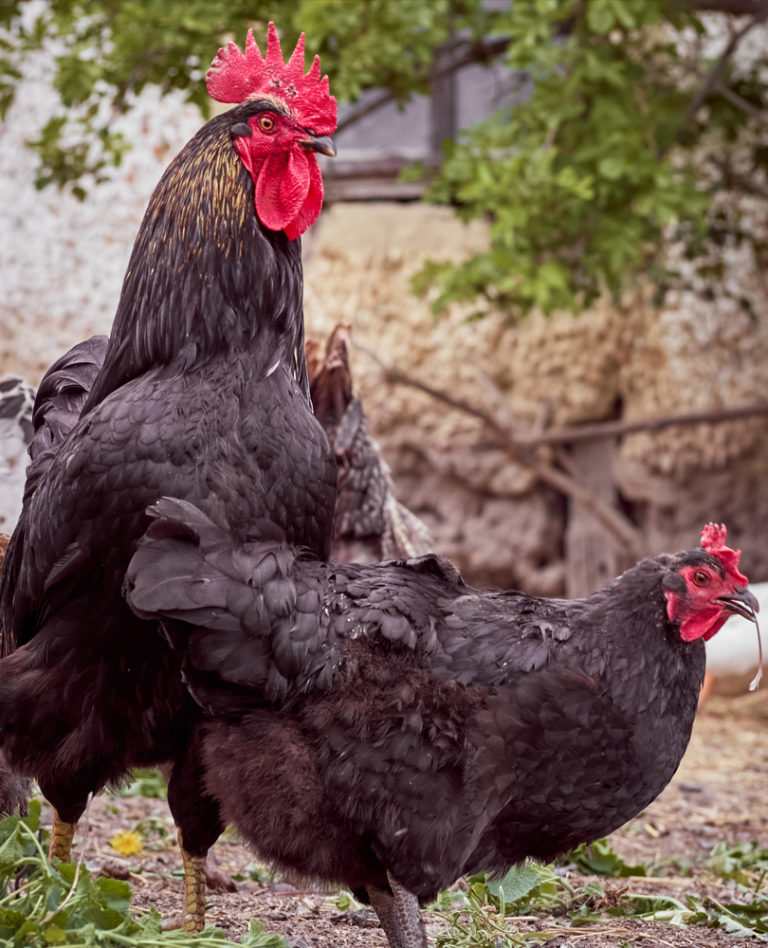

Can the 5 gallon plastic waterer be placed on a heater for chicken watering cans